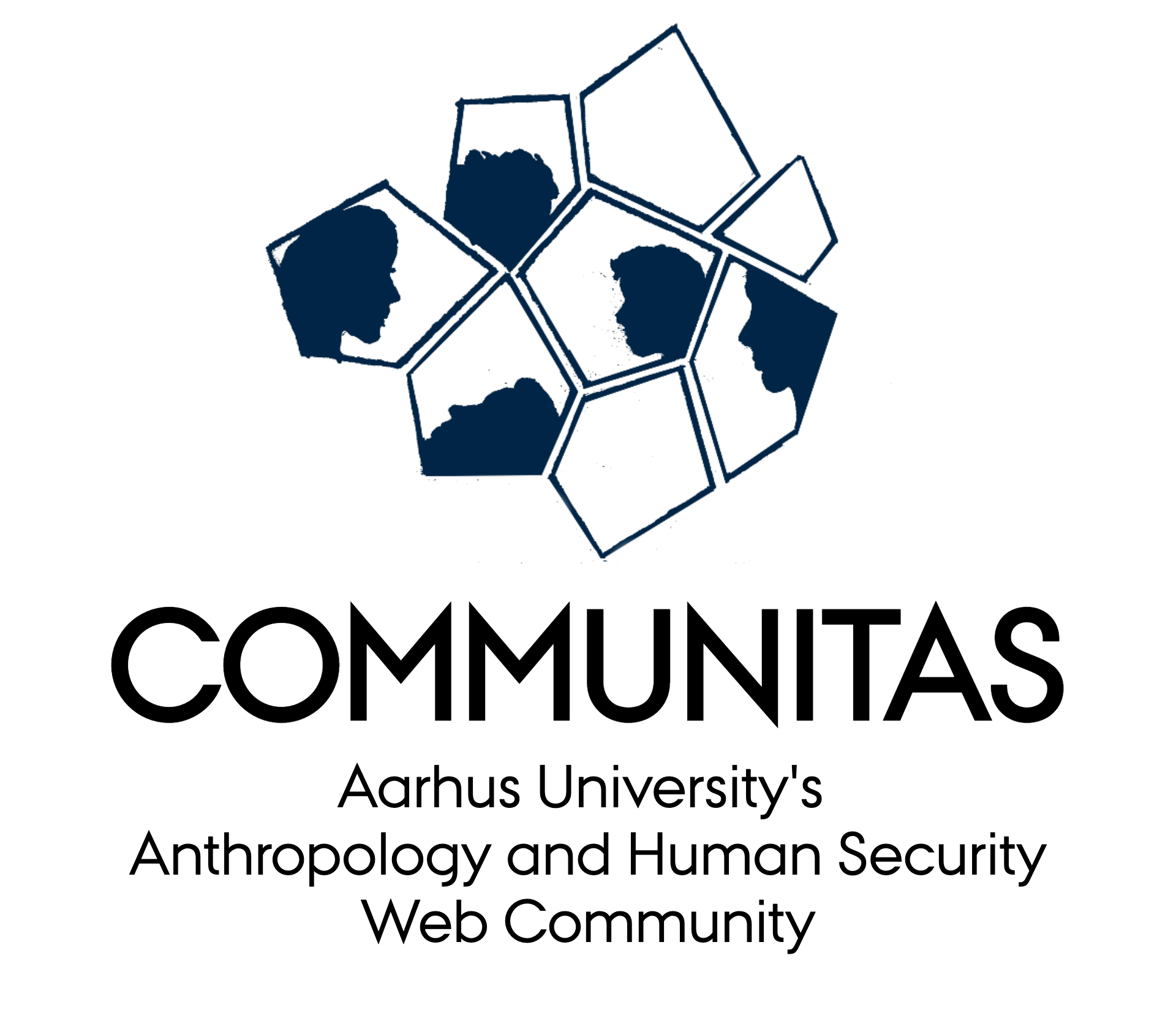By Lasse Yde Hegnet
I work as a podcaster, doing various shows on sports and music. While unemployment is never easy, I went for my dreams and I am still working hard to make those ambitions a reality and a profession.
My name is Lasse Yde Hegnet and I work with podcasting. I do a variety of shows including: “Rød Aalborg” which covers the football club Aalborg BK, “Kalejdoskopet” which explores (Danish) football from an anthropological perspective, and “Musikportrættet” which portrays people through their favourite album. Apart from that, I work at Moesgaard Museum as guide and in ticketsales.

How was your journey from university to employment?
My journey from university to employment is not finished yet… I knew the life in the unemployment system wouldn’t suit me at all, so I decided to stick with the two part time jobs I had as a student. One at Moesgaard Museum and one as an operator at a callcenter. I spend the first year in a roaring crisis of having finished my education and not knowing what to do with everything. So I treated some personal issues, published a collection of poems, got an offer to write book on football, and kept making voluntary radioshows and podcasts.
After a year I decided to reach out for either a PhD or a career as podcaster. I got accepted in the talentprogramme of the company where I wanted to work, and took the responsibility of making the fanclub’s podcast on Aalborg BK. All voluntarily. After five months, I quit the job as operator to have more time to the voluntary stuff.
After nine months, I got a small position at the company as head of the talentprogramme and with my own podcast-series. After 1½ year, I found a sponsor for the fan-podcast.
What is an exciting aspect of your work and why?
Sitting in a position where I head a talent program and producing podcasts I have several aspects that excites me.
First of all the possibility of investigating tendencies, terms and phenomena in the football world. It is exciting because I can, sort of, choose to do fieldwork or question the things that I find peculiar, and at the same time use the knowledge I gather as a way of mirroring the rest of the society.
For example by exploring the tendency of “un-sponsoring” in football, which is about a shift in consciousness of consumerism, which tells about a modern search for originality in a world where everything has turned into a product – even one’s own identity.
I also greatly enjoy helping other people getting developing skills, whether that be in the phase of generating ideas, writing or producing podcasts.

How do you make use of anthropology in your daily work life?
My approach to the topics I choose to work with, is where I noticed the anthropological way of thinking is unique. I notice and questions things, that my colleagues in journalism never would.
In short, my theoretical approach is where I make use of it. It obviously affects the shows I produce.
Another area is interview-technique. Both in terms of how to conduct an interview that open up my “informants” in a way where they tell more than they normally would, and in terms of analysing what they have actually said, to find out what is at stake.
What advice would you give anthropology graduates, who are looking for a job?
Obviously, it depends on what you want, and who you are.
But… go for what you want most. Start voluntarily if you have to. And most importantly: Don’t. EVER. Quit.

